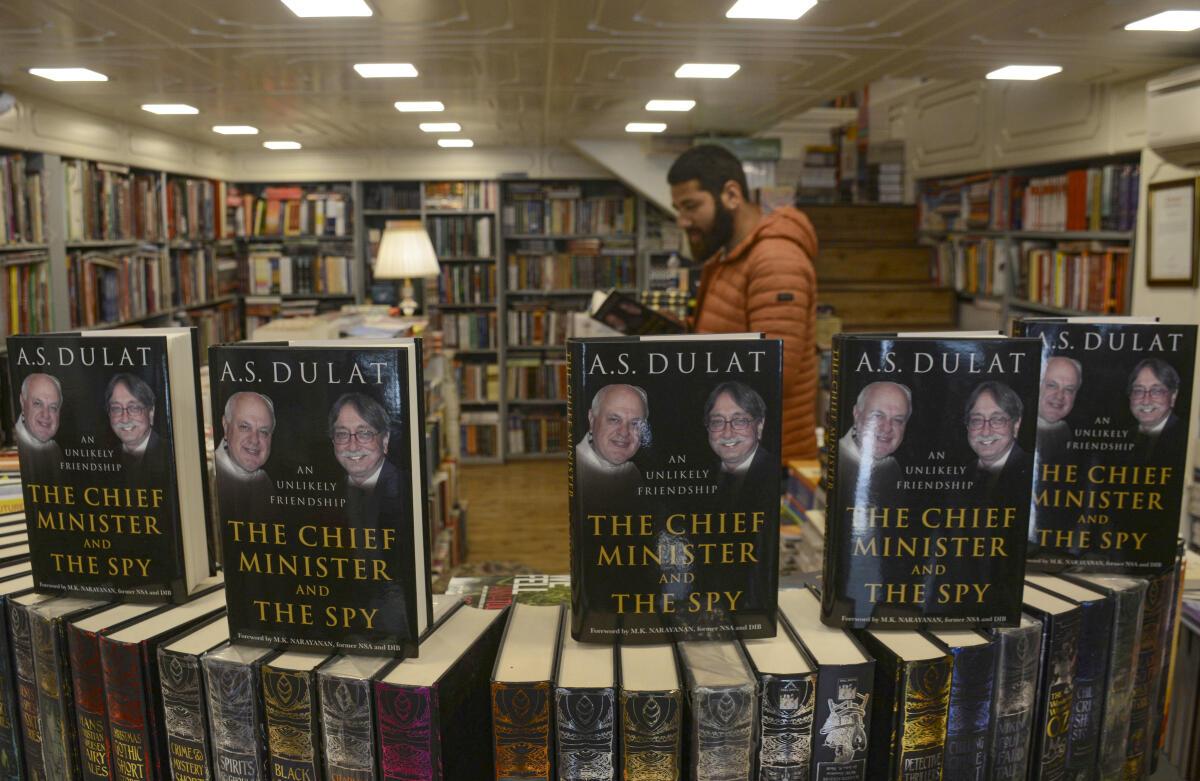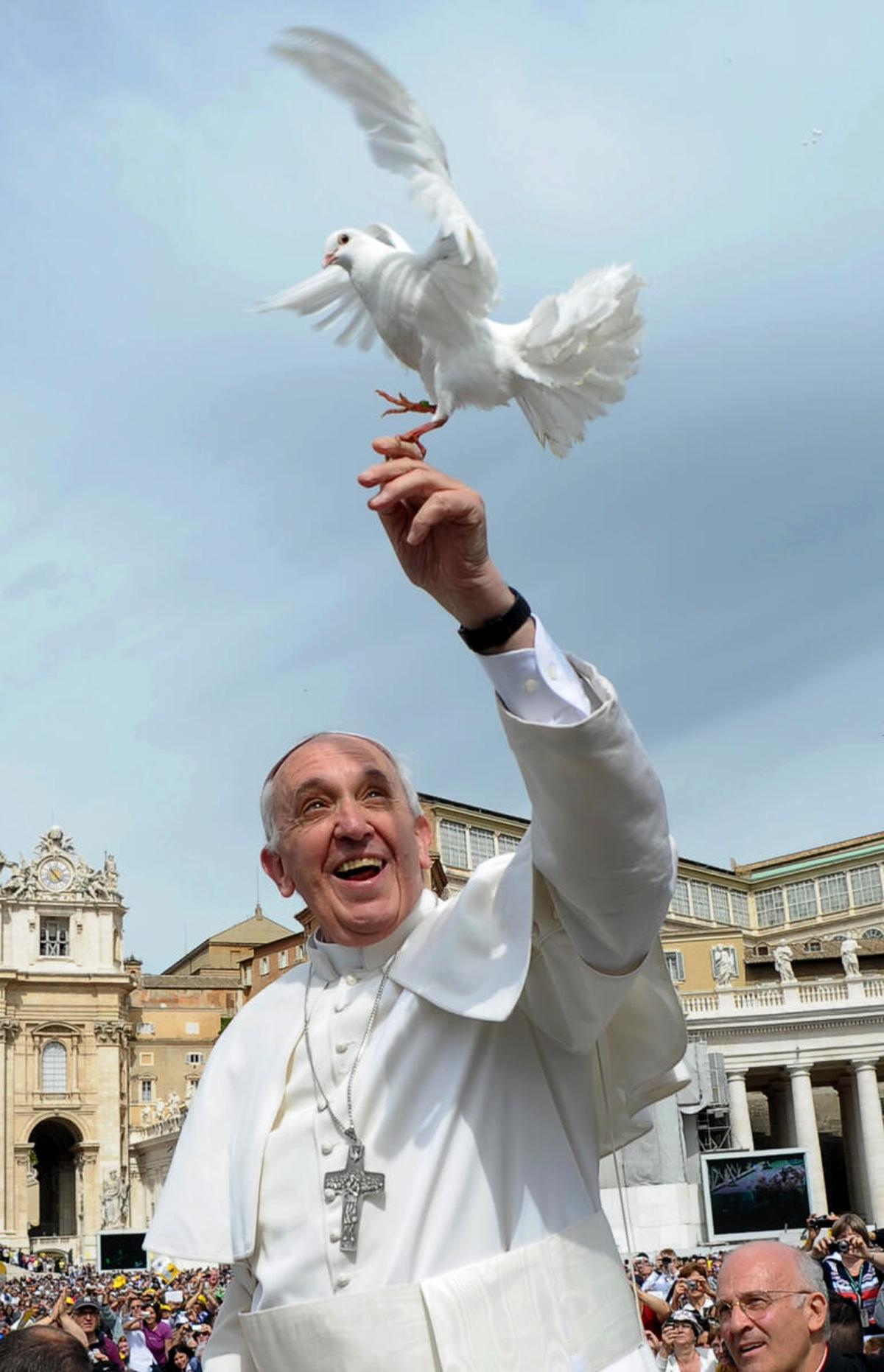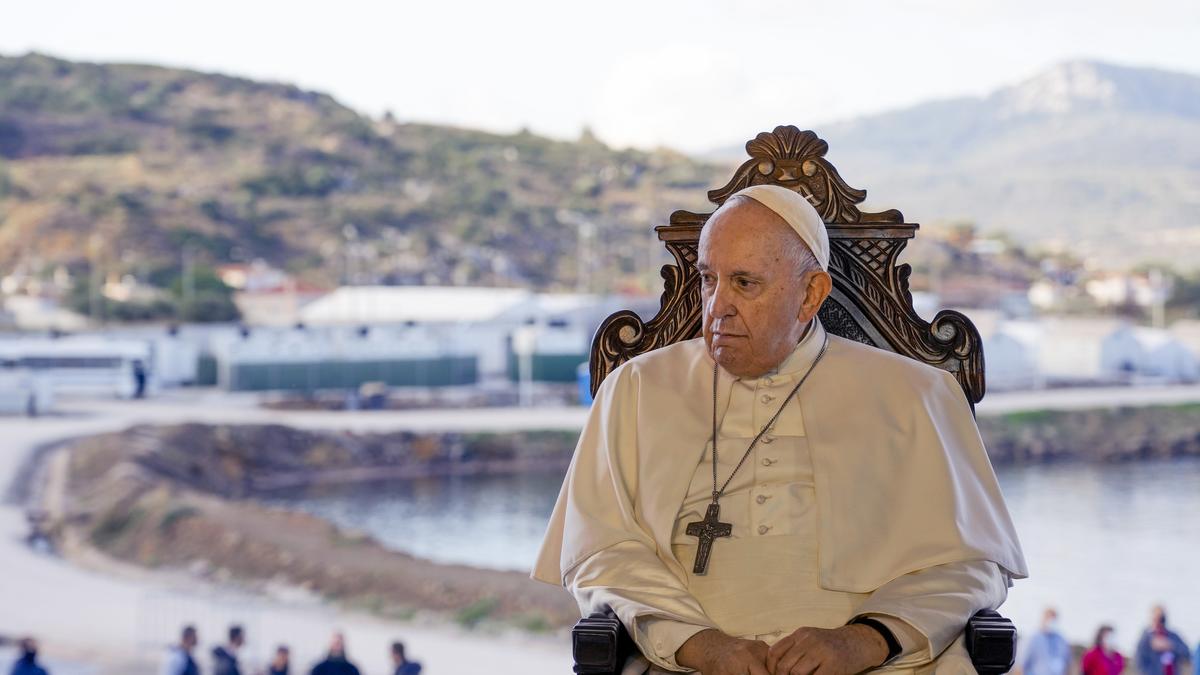(This story is part of The Hindu on Books newsletter that comes to you with book reviews, reading recommendations, interviews with authors and more. Subscribe here.)
Welcome to this edition of The Hindu on Books Newsletter. Today is Earth Day, and Sunil Rajagopal, a birder and writer based in Chennai, has handpicked ten of his favourite reads, old and new. They are meditations on walking, observing, and simply, being, and reminders that the earth and what it sustains are not merely ‘resources’ to exploit, barter, and conquer.
-
Nan Shepherd’s ode to the Cairngorm Mountains of Scotland, The Living Mountain, was first published in 1977, but it can be read and re-read, and it always magically reveals something new, says Rajagopal.
-
Jiang Rong was expelled from China and spent 11 years in Mongolia. Wolf Totem, a fictional account, is inspired by his experiences. “It’s a paean and a lament all at once, for the loss of a land and a way of life.”
-
What is reproductive biology? Matt Ridley follows the ways of birds, and generations of biologists including Darwin, to understand how mate choice has shaped the natural world in Birds, Sex & Beauty.
-
Nearer home, dip into Nirupa Rao’s Hidden Kingdom — Fantastical Plants of the Western Ghats to truly appreciate a landscape like the Western Ghats and its flora. “Rao wields her delicate brush like a bright wand, with short rhyming verse falling around it like gold dust, leading us down an enchanted trail.”
-
Through her accessible poetry that distils the world and all its resilience, Mary Oliver reminds us that nature will go on without us in A Thousand Mornings.
We bring you five, read the full list here.
In reviews, we read Ruchir Joshi’s new 899-page novel, a book about hypochondria, a retelling of Kabir’s poetry and philosophy, and more. We also read Pope Francis’ autobiography. The first Latin American to head the Catholic Church, Pope Francis, passed away on April 21. He was 88 years old.
Books of the week
In Hypochondria (Coach House Books, Toronto), a recent addition to a growing number of books on the subject, Will Rees talks about ‘previvor’, a word coined for “the person who is discovered to be genetically predisposed to a disease that they do not (yet) have.”
Such people, he writes, are not sick, they don’t have any disease, yet from the moment they become conscious of their condition it would not be exactly right to call them ‘well’. In his review, Suresh Menon notes that hypochondriacs are the butt of all jokes.
But he points out that medical research, however, has shown that hypochondria is as much a real illness as depression or post-traumatic stress disorder. It is not a character flaw. Hypochondria, writes Rees, “is a diagnosis that puts into question how certain we can ever be about any diagnosis…” Readers of his book will either feel reassured, or rush to see their doctors, concludes Menon.
‘Who is Kabir?’ The works of the 15th century poet-saint have been explored by many historians, scholars, poets and readers down the ages. Anand, the poet-publisher of Navayana, offers a florid explanation of his “contradictory, upside down sayings”, situating them on the larger canvas of the Bhakti tradition, Buddha’s dhamma and Ambedkar’s anti-caste movement, writes Kinshuk Gupta in his review of The Notbook of Kabir (Penguin).
The book’s novelty, says Gupta, derives from the writer’s insouciance and complete disregard for convention while tackling Kabir. “The 50 Kabir songs that have been included — and translated with such flexibility and flamboyance by Anand — relinquish any claims of authenticity. They are retellings by various singers such as Kaluram Bamaniya, Prahlad Singh Tipanya, Mahesha Ram, Fariduddin Ayaz, all of them marginalised men.”
The two Vikrams – Seth and Chandra – have been there; now Ruchir Joshi joins their ranks to write a big, ambitious novel about a metropolis. If the Vikrams chose Delhi, Calcutta and Bombay, Joshi goes with Calcutta in the pre and post Independence era in Great Eastern Hotel (Fourth Estate). Obviously, a lot is happening, not least the fact that British and American soldiers are walking all over the city. The 900 page-plus novel begins with the outpouring of grief on the streets following the death of Rabindranath Tagore in 1941. Joshi, writes the reviewer Anil Menon, is brilliant at describing events, situations, atmosphere. “His characters, however, lack substance.”
It is the city that feels truly alive, vast, and imbued with an inner mystery, says Menon. “But the ensemble soap, enlivened with a bit of non-linear storytelling, feels like the wrong choice for this novel.”
Spotlight/A literary feud

A former spymaster’s book has run into a storm of controversy. In The Spy and the Chief Minister (Juggernaut), former R&AW chief A.S. Dulat writes that former Chief Minister Farooq Abdullah had told him he could have helped in passing the abrogation of Article 370 in the J&K Assembly. The special status of Kashmir enshrined in Article 370 was taken away by an Act of Parliament in August, 2019. Mr. Dulat described Dr. Abdullah as one “who was extremely open about his willingness to work with Delhi.”
“Maybe,” Mr. Dulat quotes Dr. Abdullah in the book, “the NC [National Conference] could even have had the proposal passed in the legislative assembly in J&K. ‘We would have helped’, he [Dr. Abdullah] told me when I met him in 2020. ‘Why were we not taken into confidence?’”
Caught in a spot of bother, with the NC making the restoration of Article 370 a poll plank in the 2024 elections, Dr. Abdullah said the remarks were baseless. He told reporters in Srinagar: “The book is full of inaccuracies. On many accounts, it’s baseless. If he (Dulat) considers me as his friend, he should not have written it.”
In Delhi, at the launch of the book, Dr. Abdullah stayed away, and Mr. Dulat said the chief guest was “Kashmir.” Mr. Dulat was the Special Director of the Intelligence Bureau before going on to head the Research & Analysis Wing. After retirement, he became the Prime Minister’s Adviser on Kashmir.
In Memoriam

Jerry Pinto had been writing about Pope John Francis’ autobiography, Hope (Penguin), when news came in that the pontiff had passed away. Pinto said he felt a deep sorrow because Pope Francis stood as a “symbol of possibility and a harbinger of change.” His moving autobiography, written with Carlo Musso, and translated by Richard Dixon, shows how he was the People’s Pope in much the same way as Diana, Princess of Wales, was the People’s Princess.
Pope Francis, writes Pinto, knew the value of the gesture. He knew what it meant to the faithful that he was ‘still in touch’ with the many people whom he met as a priest, a bishop, a cardinal. He was vocal against war, but most of all he understood the rage and the horror that the church’s protection of paedophiles generated. “He is unstinting in his condemnation” of dishonest priests in his autobiography.
Also read Gautam Bhatia’s tribute to the life and works of Mario Vargas Llosa; the Peruvian master of letters and Nobel laureate passed away on April 13.
Browser
-
Arundhati Ghosh delves into the lives of the polyamorous in India in All Our Loves (Aleph). She is interested in looking into the practice of being in love, with or without sexual intimacies, with more than one person simultaneously. A practising polyamorist, she dispels myths and shines a light on how such relationships are maintained, challenges et al.
- The Los Angeles Times recently announced the 30 best books in fiction and non-fiction of the last 30 years. In non-fiction, it’s top book is Isabel Wilkerson’s remarkable book, The Warmth of Other Suns (Vintage), published in 2010. With migration in the spotlight thanks to the Trump administration’s policies, this book is a must-read about how the exodus of almost six million blacks from the American south to the north from 1915 to 1970 changed the face of America.
-
As a coping mechanism during the pandemic, Dilip Menon penned a host of poems which have now been published by Writer’s Workshop. Quo Vida, borrowed from the Latin phrase ‘quo vadis’ or ‘where are you going?’, is an allusion to the unpredictability of death itself, says the poet in the preface.
- What’s Your Price, Mr. Shivaswamy? (Penguin) by M.R. Dattathri tells the story of an almost-retiree who gets sucked into the murky tangle of real estate in Bengaluru. The novel, written in Kannada, is the first book of the writer-cum-IT professional to be translated into English.
Published – April 22, 2025 04:01 pm IST
